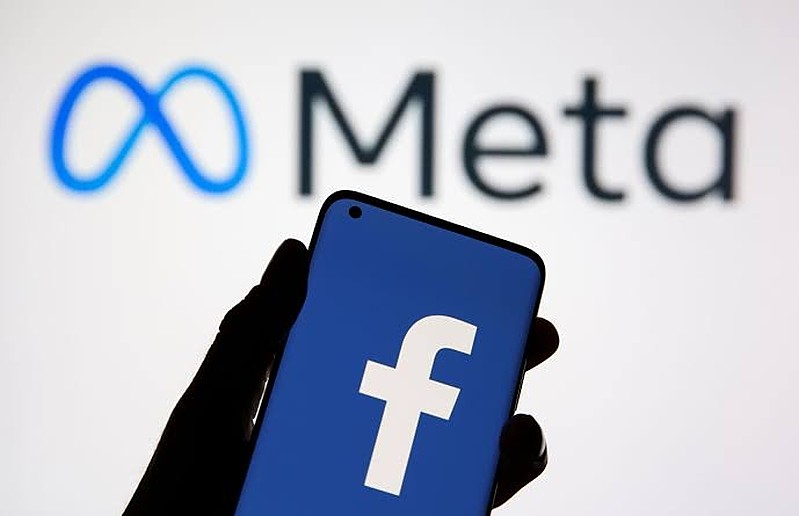Fake news: Meta’s action on fact-checking ‘ll worsen insecurity in Nigeria, Africa – coalition
The National Online Safety Coalition, through its #FWDwithFacts campaign, has rejected Meta’s decision to terminate partnerships with third-party fact-checkers and reduce content moderation efforts across its platforms. At a peaceful rally weekend at the headquarters of the National Information Technology Development Agency (NITDA), the coalition comprising 20 notable civil society organisations across the country, said […]

The National Online Safety Coalition, through its #FWDwithFacts campaign, has rejected Meta’s decision to terminate partnerships with third-party fact-checkers and reduce content moderation efforts across its platforms.
At a peaceful rally weekend at the headquarters of the National Information Technology Development Agency (NITDA), the coalition comprising 20 notable civil society organisations across the country, said that the development would worsen insecurity in Nigeria and other parts of Africa due to hate speech, misinformation separatists activities.
Daily Trust reports that Meta on Monday announced a shift from third-party fact-checking to a ‘Community Notes’ system, which allows users to collaboratively add context to potentially misleading posts across platforms such as Facebook, Instagram, and Threads.
Meta CEO, Mark Zuckerberg said that the change aims to reduce excessive censorship as the previous reliance on independent fact-checkers had led to the suppression of harmless content and impeded free expression.
- Gov Aiyedatiwa pardons 40 inmates to mark 60th birthday
- Oyebanji commends military for decimating insurgents
The coalition, however, said that while the global implications are alarming, the policy shift poses even greater dangers for Nigeria and Africa, where misinformation has previously fueled violence and societal instability.
A spokeswoman for the group, Ms Hannatu Asheloge of the Gatefield at the rally, said that these policies prioritise platform growth over accountability, thereby amplifying risks of misinformation and harm.
Lamenting that Meta’s dismantling of fact-checking endangers African lives and democracy, the coalition warned that misinformation and orchestrated disinformation campaigns in regions like Nigeria have already proven deadly, thus Nigeria and Africa leaders must take urgent and proactive safeguard measures.
In Nigeria, false information has led to violence, division, and even deaths. This was evidenced during the 2023 elections when lies about candidates fueled ethnic and religious tensions, with fact-checkers reporting up to 100,000 false claims daily on social media.
In 2018, a fake photo posted on Facebook was viewed 11,000 times, sparking an ethnic conflict in Plateau State, Nigeria, leading to the tragic deaths of twelve people. Without fact-checking, these harmful stories can spread even faster and do more harm.
Social media platforms are deeply embedded in Nigeria’s information ecosystem, there are close to 42m Facebook users in Nigeria and over 50m on WhatsApp, and while these have been powerful tools for connection and expression, they have also been channels for the rapid spread of misinformation, propaganda, and hate speech,” she said.
The coalition said that by dismantling fact-checking mechanisms, Meta is enabling a resurgence of these dangerous dynamics with real-world consequences that go far beyond online discourse.
They argued that fact-checking is not censorship and that in fragile contexts like Nigeria’s, Zuckerberg’s argument that fact-checkers destroy trust is baseless and harmful, when rather fact-checking ensures informed public discourse and prevents escalations.
